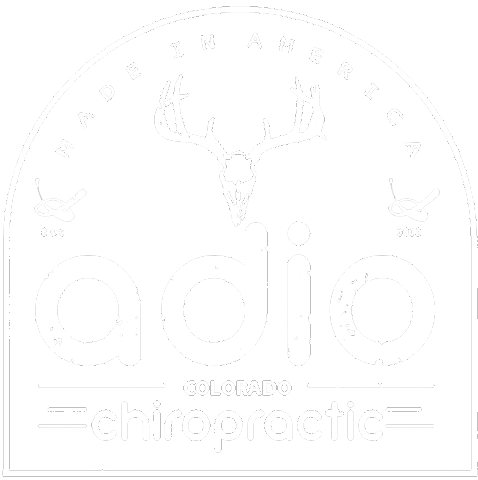Wellness
Chiropractic and Wellness
For over 100 years Doctors of Chiropractic have said that regular chiropractic care boosts the bodies ability to heal and repair itself, while our detracters have continued to say that this tenent of chiropractic can not be proven. The advancement of modern technoligies has now caught up with Chiropractic Philosophy with the recent advent of study in the area of genetics. Today we are able to measure the various enzymes that are related to the bodies natural process of regeneration. One particular enzyme, thiol, has been identified as a key indication of the bodies rate of regeneration. If your body is regenerating slower you will have lower serum thiol and you are more likely to suffer from chronic disease and degeneration, whereas if your body is regenerating faster you will have higher serum thiol and you are more like to experience vitality and you bodies true potential for health. The following study looks at various groups of people including those with active diseases, those receiving short term chiropractic care, and those receiving long term wellness chiropractic care and shows the corresponding levels of serum thiol for the various groups. This study difinitively shows the benefits of chiropractic wellness care in terms of your bodies regenerative capacity.
Surrogate Indication of DNA Repair in Serum After Long Term Chiropractic Intervention – A Retrospective Study
ABSTRACT:
Objective: To assess the effects of short-term and long-term chiropractic care on serum thiol levels in asymptomatic subjects.
Summary of background data: Serum thiols are a measure of human health status. It is a surrogate estimate of DNA repair enzyme activity, most notably poly ADP – ribose polymerase or PARP.
While it is suggested that chiropractic care improves general health, the effect of chiropractic care on serum thiol levels has not been investigated.
Methods: A case controlled retrospective analysis. Serum thiol levels in patients with active disease (N=46) were compared with serum thiol levels in primary wellness subjects with 8-52 weeks of chiropractic care (N=21) and those who had been under chiropractic care for 52-312 weeks (N=25).
Patients were age matched to be 40 years of age or older.
Results: There were statistically significant differences in the serum thiol levels of the three groups. Mean serum thiol levels were lowest in patients with active disease as well as patients with initial musculoskeletal complaints.
Asymptomatic subjects under chiropractic care demonstrated higher mean serum thiol levels than patients with active disease. Mean serum thiol levels were highest in the group with 52-312 weeks of chiropractic care.
Conclusion: Asymptomatic or primary wellness subjects under chiropractic care demonstrated higher mean serum thiol levels than patients with active disease and produced some values that were higher than normal wellness values.


